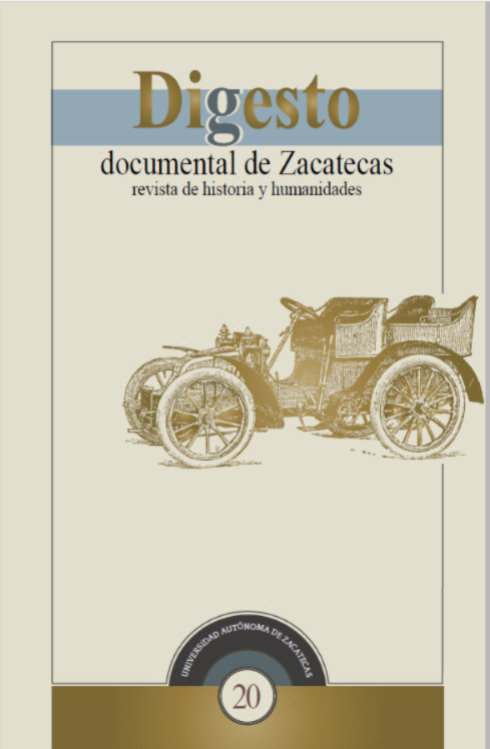Marie-Pierre Lacoste, The stewards of the Viceroyalty of New Spain (1764-1821), Madrid, Casa de Velázquez, 2021, 502 p.
Published 2024-09-26
Keywords
- Marie-Pierre Lacoste,
- Spanish absolutism,
- intendencies
How to Cite
Abstract
Studies on the origin and development of the Spanish absolutist state in the eighteenth century present a relevant accumulation of approaches in recent decades, both in Europe and Latin America. The approaches range from general to regional aspects, as well as important geo-political, territorial and socio-institutional perspectives. The latter show interesting details about the family and regional origin of the subjects who entered the service of reformism. The intendancies, as part of the renovating process of Spanish absolutism, was a political-territorial regime adopted by the Bourbon dynasty to “modernize” the relations between power and its subjects. Its objective was to delegate powers at the local and sub-local level to improve government, administration and territorial control over consolidated areas, at risk and with a population not yet reduced to state and religious taxation.
The origin of the intendancies can be traced to France, around the middle of the 17th century. It was not by chance that a French dynasty took them over and implemented them in Spain and in most of the overseas territories with the aim of consolidating the weight of civil government over institutions and corporations as against the subjects. In the case of Spain, several works on absolutism in the 18th century had already explored the origins and development of the regime of intendancies.

